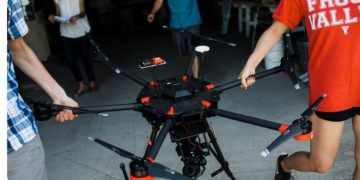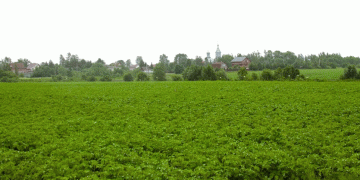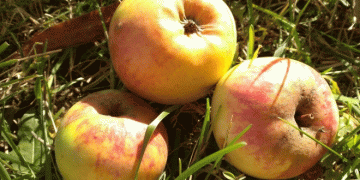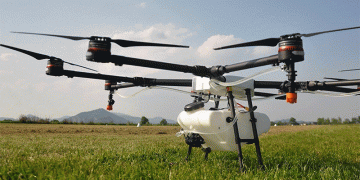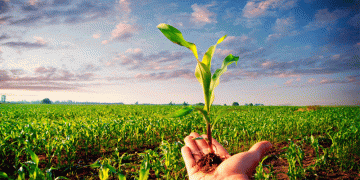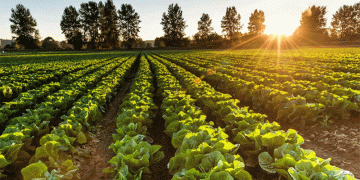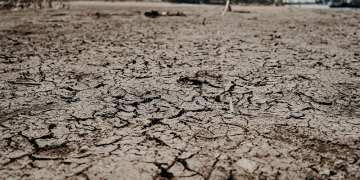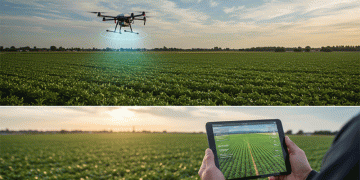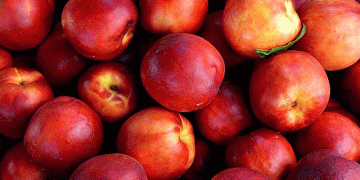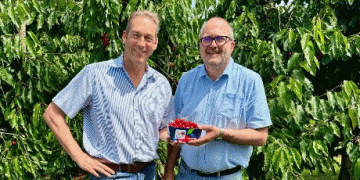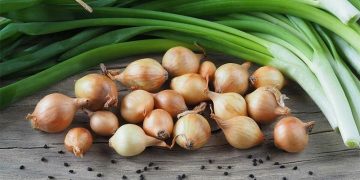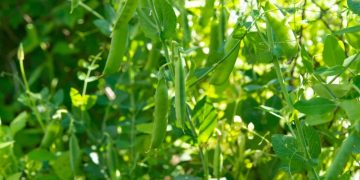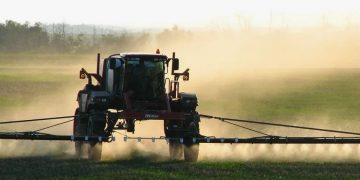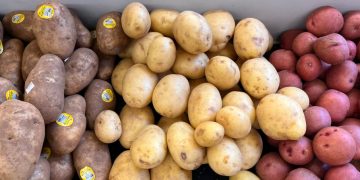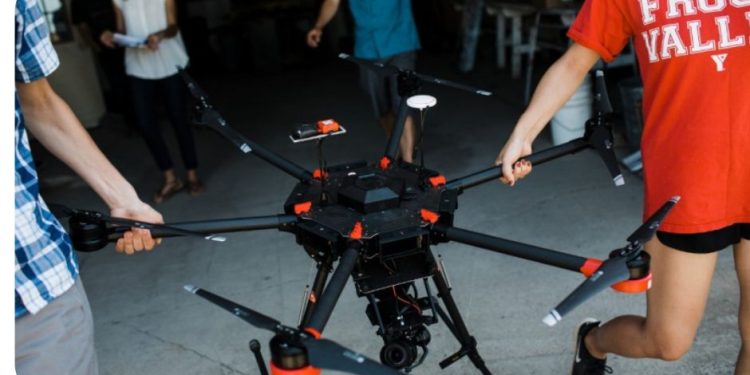Projects ranging from a soil-swimming robot that can sense conditions in the root zone in real time to computational models that can predict produce spoilage received seed funds from the Cornell Initiative for Digital Agriculture’s new Research Innovation Fund.
Eight interdisciplinary teams of researchers – from the College of Agriculture and Life Sciences, the College of Engineering, Computing and Information Science, Cornell Tech and the College of Veterinary Medicine (CVM) – will receive three-year awards of up to $225,000. To apply, teams needed to include Cornell faculty members from at least two colleges, ensuring cross-campus collaboration.
“These research projects represent the exciting potential of digital tools, such as computational models, robotic systems, artificial intelligence and the ‘internet of things,’ to transform agriculture at every step of the food-production process,” said Susan McCouch, the Barbara McClintock Professor of Plant Breeding and Genetics and the director of the Cornell Initiative for Digital Agriculture (CIDA). “Interdisciplinary collaborations like these will push the frontiers of science to increase the productivity and sustainability of agriculture, and to foster a pipeline of discovery and practical innovations.”
A multidisciplinary group of nearly three dozen faculty members, chaired by Renata Ivanek, associate professor in the Department of Population Medicine and Diagnostic Sciences in CVM, selected the eight projects from 31 proposals. Funding for the awards comes from the CIDA Research Innovation Fund and the U.S. Department of Agriculture Hatch Act program.
The projects:
Improving strawberry yield through native and robotic pollinators: Kirstin Petersen, assistant professor of electrical and computer engineering; and Scott McArt, assistant professor of entomology. Their work will integrate automated monitoring of wild and managed pollinators with robotic pollination, laying the groundwork for a biological-hybrid system that can observe, predict and improve crop yield. The researchers will develop durable and low-power insect camera traps, use drones for rapid cross-pollination and create growth models that can be conveyed to a farmer via an online app.
New soil robotics and sensing for soil-root phenotyping of water-use effectiveness: Taryn Bauerle, associate professor in the School of Integrative Plant Science (SIPS); Robert Shepherd, associate professor in the Sibley School of Mechanical and Aerospace Engineering (MAE); Mike Gore, Liberty Hyde Bailey Professor and associate professor of molecular breeding and genetics in SIPS; Johannes Lehmann, professor of soil and crop sciences in SIPS; and Abraham Stroock, the William C. Hooey Director and Gordon L. Dibble, professor of Chemical and Biomolecular Engineering. To access real-time information about the availability and flow of water in the soil around plant roots, the researchers will develop a sensing strategy and a soil-swimming robot to semi-autonomously explore the root zone.
Microbiome-informed computational models and decision support tools to predict fresh produce spoilage: spinach as a model system: Martin Wiedmann, the Gellert Family Professor in Food Safety; and Ivanek. The researchers will develop a computational model of microbiome interactions and perturbations during processing, transportation and retail to predict the shelf life of fresh spinach.
Accelerated and automated stress diagnostics in apple orchards: Awais Khan, associate professor in SIPS at Cornell AgriTech; Serge Belongie, professor of computer science at Cornell Tech; and Noah Snavely, associate professor of computer science at Cornell Tech. Combining expertise in plant pathology, phenotyping and computer vision, the team will create expert-annotated disease datasets for apples, lead a global challenge competition to find novel solutions for disease classification and quantification, develop computer vision models to accurately distinguish between the symptoms of many diseases, and develop user-friendly apps to support apple growers.
Carbon farming: Combining machine intelligence, big data and process models to support this emerging sector: Lehmann and Fengqi You, the Roxanne E. and Michael J. Zak Professor in Energy Systems Engineering in the Smith School of Chemical and Biomolecular Engineering. This project aims to improve accurate prediction of soil organic carbon by combining soil process modeling with machine learning, deep learning and big data to create a platform to drive evidence-based policy and investment in soil health and climate change mitigation.
Function-targeted high-resolution phenotyping platform to deduce genetics-functions relationships in rhizomicrobiome for promoting plant nutrients utilization: April Gu, professor of civil and environmental engineering; Jenny Kao-Kniffin, associate professor in SIPS; and Kilian Weinberger, associate professor of computer science. The researchers will develop an innovative phenotyping-genotyping technology platform that will enable them to build a world-class agricultural phenotyping facility at Cornell, in order to discover and profile new microorganisms that are beneficial to crops.
Scalable digital sensors of the skies and soils: An internet of things approach to improve farm-scale weather forecasts of extreme heat, drought and rainfall: Toby Ault, assistant professor of earth and atmospheric sciences; and Max Zhang, associate professor in MAE. Using an existing, wireless internet of things, the researchers will monitor and forecast key variables for predicting extreme weather at the state, county and farm levels to provide food producers with a toolkit for predicting hazards.
Development of predictive models to accurately detect subclinical and clinical mastitis in dairy cows milked with automated milking systems: Rick Watters, senior extension associate in CVM and director of the Quality Milk Production Services Western Laboratory; and Kristan Reed, assistant professor of animal science. Using data such as milk yield, milking time and time between milking visits, the researchers will develop an algorithm to predict mastitis in dairy cows.
– Melanie Lefkowitz, Cornell University
Projects ranging from a soil-swimming robot that can sense conditions in the root zone in real time to computational models that can predict produce spoilage received seed funds from the Cornell Initiative for Digital Agriculture’s new Research Innovation Fund. Above, a drone at Musgrave Research Farm, being taken to the field by students in Professor Micheal Gore’s lab. Photo: Allison Usavage
